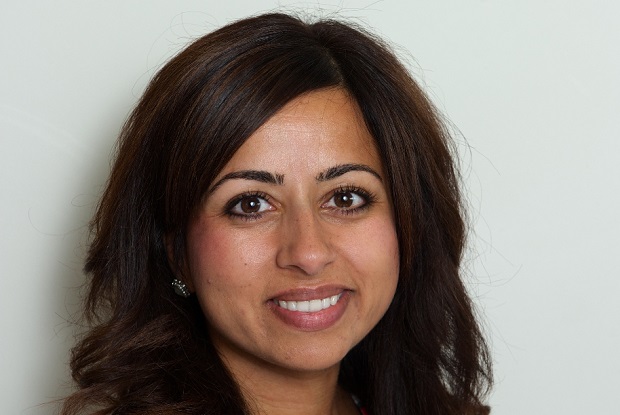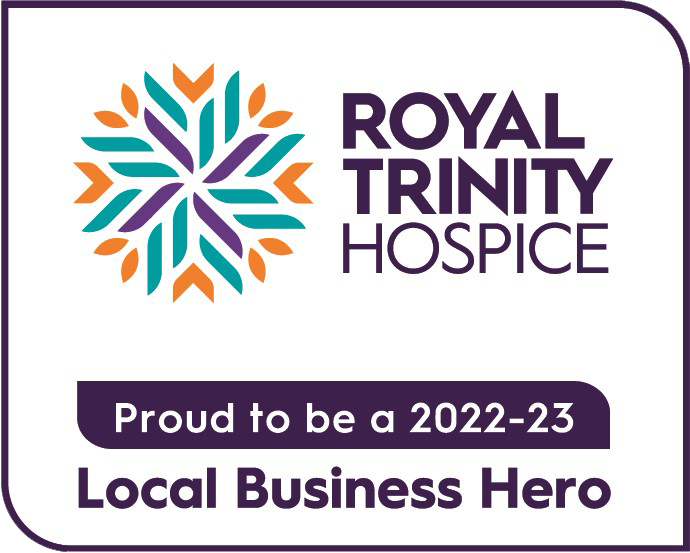
Dr Nikita Kanani: why peer support is the key to building a stronger general practice
NHS England’s acting director of primary care, Dr Nikita Kanani, says connecting with people is at the heart of her approach to leadership – and that developing and nurturing relationships will be the key to making general practice the foundation of the NHS.
I still hesitate to call myself a ‘leader’, which may sound a little surprising given my current position as acting director of primary care for NHS England. The leadership roles I’ve taken over the last ten years have largely been about bringing people together, building relationships and working collaboratively – a far cry from the top-down, hierarchical approach of years gone by.
Perhaps it’s one of the upshots of growing up in a big family, but for me, relationships are everything. I genuinely believe we can achieve so much more together than we can apart. The ability to connect with people – to support, share and work with others, regardless of where they’re from or what they do – is at the heart of what leadership means to me.
Building connections
It seems I am not alone in my thinking. Initiatives like NHS Collaborate are spearheading a new approach to leadership development within primary care – one based on meaningful connection. Earlier this year I was lucky enough to be invited to the Tate Modern for their national spring festival.
Uncertain of what to expect, but knowing that anything taking me to Tate must be pretty special, I soon found myself in a circle of strangers, about to receive a very thorough introduction to the art of improvisation. Being the kind of person who relishes this kind of unusual experience, I kicked off my heels and jumped straight in.
And what a fantastic day it was, using theatre and art to challenge our conventional notions of leadership and really open our minds to the possibilities around us. I met some great people who, like me, are passionate about building a better future for primary care, and understand the role that connection and collaboration have to play in making that happen. I left feeling completely inspired.
Since then I’ve been part of the NHS Collaborate national WhatsApp group, a platform for people to seek advice, share ideas and ask questions, however big or small. Being part of such a supportive peer-to-peer network has been unexpectedly energising and uplifting. Sometimes a message will come through that really resonates with me, that even if I’m having a terrible day will make me sit up and think: ‘That’s why I’m doing this’.
Common vision
Throughout my own leadership journey, creating an environment where people share a common vision for the future, and recognise their part in making it a reality, has always been really important. In my current role, this relies on building meaningful connections with colleagues, peers and stakeholders on a national scale, working closely together to truly understand the frontline needs of primary care.
With the promise of additional funding and the development of the NHS long-term plan, primary care is set to undergo significant change over the next five to ten years. This gives us the opportunity to really harness the potential of general practice, making it the foundation of our health service that I truly believe it deserves to be. But only by developing, appreciating and nurturing our relationships with one another can we begin to set this in motion.
Primary care networks
This is the philosophy of the primary care network model – an approach which really emphasises the value of collaborative, community-orientated care. It’s clear that by investing in people and relationships, we not only capitalise on all the resources we have at our disposal within primary care, we also help to build resilience and strength within our workforce. If people enjoy being at work, if they feel an important and valued member of a community or team, then they are much more likely to come back to work the next day. The power of peer-to-peer support cannot be underestimated.
It uplifts me to see that a more connected, collaborative future for general practice is already taking shape. If my experiences over the past decade have taught me anything, it’s that meaningful relationships really can change the world – or, at least, our small part of it. And with our understanding of leadership beginning to evolve, I’m excited to see where, together, we go from here.

